Last Updated on January 23, 2024 by Tia
In this article, I will show you easy and cheap ways to master responsible tourism
Because let’s be honest. Responsible tourism is a necessity. Why?
Because tourism destroys. It’s a simple fact.
Cruise ships pollute. Airplanes pollute. Hotels pollute. Tourists add to the seas of plastic and waste all around the world.
The definition of responsible tourism is to travel and make a positive impact on the environment and local culture.
And so today, we are going to learn together! Keep reading for ways to master responsible tourism and ethical travel, and tips to help you spot animal abuse and exploitation from a mile away.
Tia Does Travel contains affiliate links. If you decide to make a purchase through these links, I will earn a small commission at no extra cost to you. For full information, take a look at our disclaimer here.
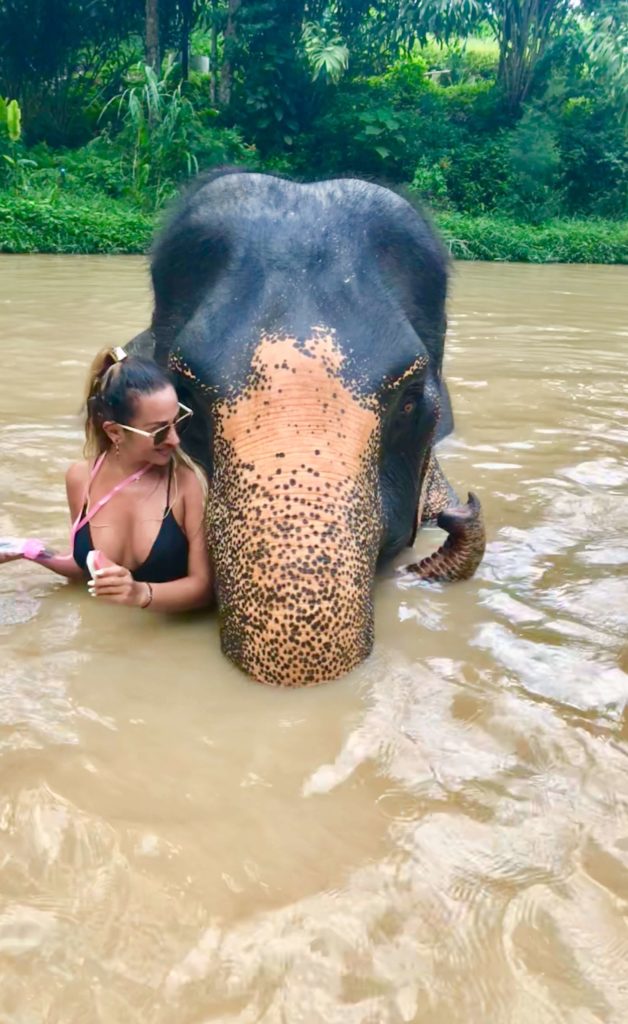
Table of Contents
Why are we responsible?
In this day and age, we are hugely responsible as tourists and travelers of the world to sustain the natural wonders of our planet and protect the exploitation of animals. Full stop.
Not only for our benefit but to ensure there is a planet for other generations to travel to.
I have personally seen so much of the devastating effects of irresponsible tourism around the world and I am here to tell you that this is simply not ok. We can, and must do better!
But how can we, as simple tourists practice responsible tourism?
What can we do to protect the planet and its animals from harm? Can we really change the world with every trip?
My Journey to Responsible Tourism
I haven’t always practiced responsible tourism. I was once young naive and uneducated on the subject.
But then, I traveled a lot. And the effects of the human race on nature and animals shocked me to my core.
I have witnessed beaches so polluted with garbage they are deemed unfit to swim in. Forests burned to the ground from a single cigarette bud. Thousands of miles of coral life were wiped clean and Jungles with no trees left.
I have seen tigers dragged, declawed, and defanged for photo ops. Whales self-harm and die in misery and captivity.
Baby cubs are forced away from their mothers and starved so they can be bottle-fed by tourists.
Monkeys with chains around their necks and elephants are beaten to perform ”circus tricks”.
Have you ever heard a monkey screech in terror? An elephant mother crying and searching for her child? I have… ENOUGH IS ENOUGH!
How can you say you love these places? Travel there, tour around, have a great time? But then leave them behind and just think somebody else will take care of them?”
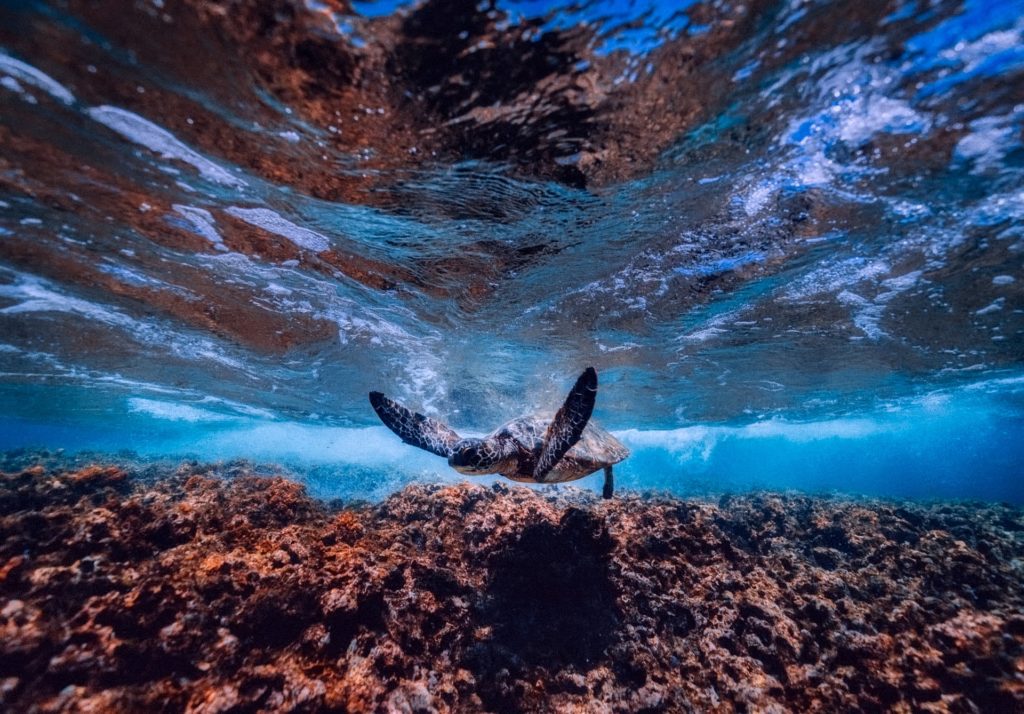
So what do we do that is so bad for the environment? And how can we do better?
Throwing our rubbish away anywhere we feel convenient is one of the main ways in which we are ruining our planet.
Going plastic-free isn’t always easy when you are traveling I know! But a few simple and cheap adjustments can make a HUGE difference in the grand scheme of things.
Easy ways to master responsible tourism.
1. Replace your disposables with reusable items.
For example, cotton rounds, cotton swabs, and tissues. We use trillions of them! I swapped to reusables 2 years ago, and haven’t looked back since!
In particular, I picked up swabs for my ears, pointy ones for my make-up, cotton rounds for skincare, and even tissues.
Yeap, all reusable, from the incredible Last Object, which by the way, delivers from various warehouses – both Europe, Canada, and the US, so you don’t have to pay loads for delivery!
Just ONE of these eco-friendly swabs replaces over 1000 cotton swabs that end up in our oceans! They come in gorgeous colors, are durable, and are super easy to clean! Use code TIA for 10% off all purchases!
2. Get a portable ashtray
Cigarette butts are the single greatest source of ocean pollution, with more than 60 million collected over 32 years! Yuk!
To save our oceans, just carry a portable ashtray like this one in your backpack!
This pack of two can be fastened to any backpack! With every use, you are taking a huge step towards responsible tourism.
3. Carry a water bottle and straw
A simple reusable cup and metal straw are the best, and contribute a lot to the solution; trust me!
This filter bottle is great as it reduces chlorine and micro-particles. You can fill it up from any tap, or at your hotel to avoid buying a million plastic bottles when you travel.
100,000 marine creatures and 1 million sea birds die from plastic entanglement in a year.
Personally, I have tried paper straws and pasta straws too, but I really hate them! This stainless steel straw set comes with a handy pouch, and a brush to clean too!
4. Switch to shampoo and conditioner bars
There is no need to carry plastic bottles that you will later throw away. Not when you can get top-quality shampoo and conditioner in a bar!
This shampoo and conditioner set smells like heavenly lemon and eucalyptus, and don’t laugh, but mosquitos hate the smell of lemon so this is a WIN for me!
Tips for FREE that all of us should practice!
- Recycle. Save your plastic for the recycle bins and for the love of God please STOP throwing trash in the ocean!
- Eat local food, and carry a takeaway box to take back any leftovers! Local food is most often delicious, and you are also supporting the local food vendors!
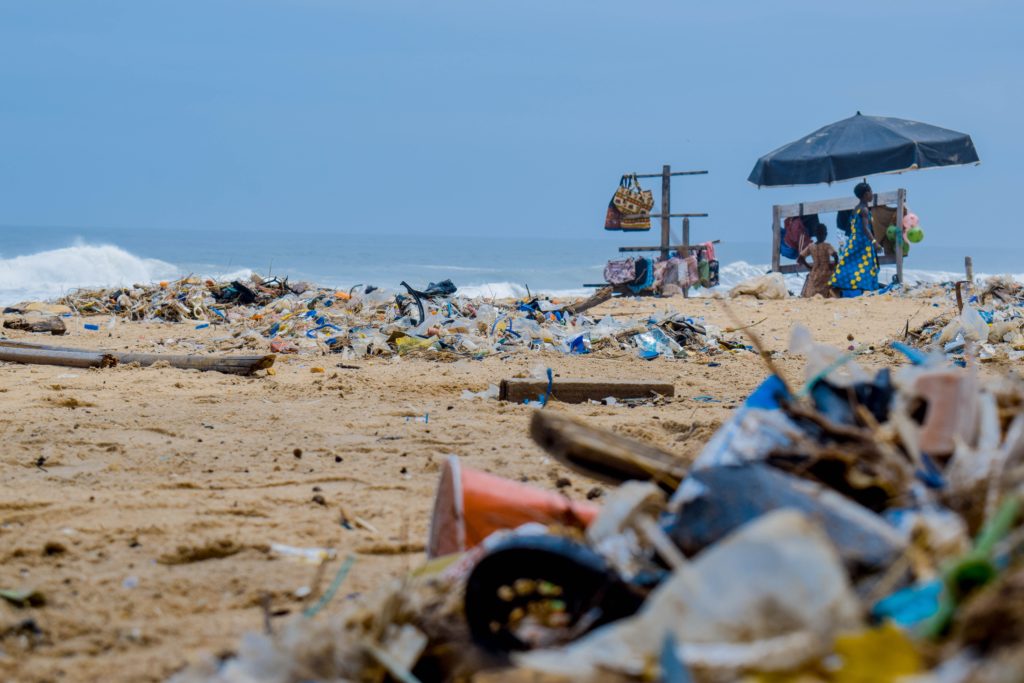
Responsible tourism and ethical travel tips – Saving the animals
1. Stay away from zoos and aquariums
A whopping 75% of zoos and aquariums and zoos around the world offer services directly linked to animal cruelty.
In zoos, animals are kept hungry, defanged, and declawed just to be used for tricks and photo ops.
In aquariums, the animals are poached from the wild or bred in captivity. They are basically forced to swim in the same closed encounters until they die.
Your money directly funds this cruelty and it needs to stop!!
At Seaworld aquariums in the States, 38 orcas, over 100 dolphins, and at least 58 belugas have died – how heartbreaking is that?
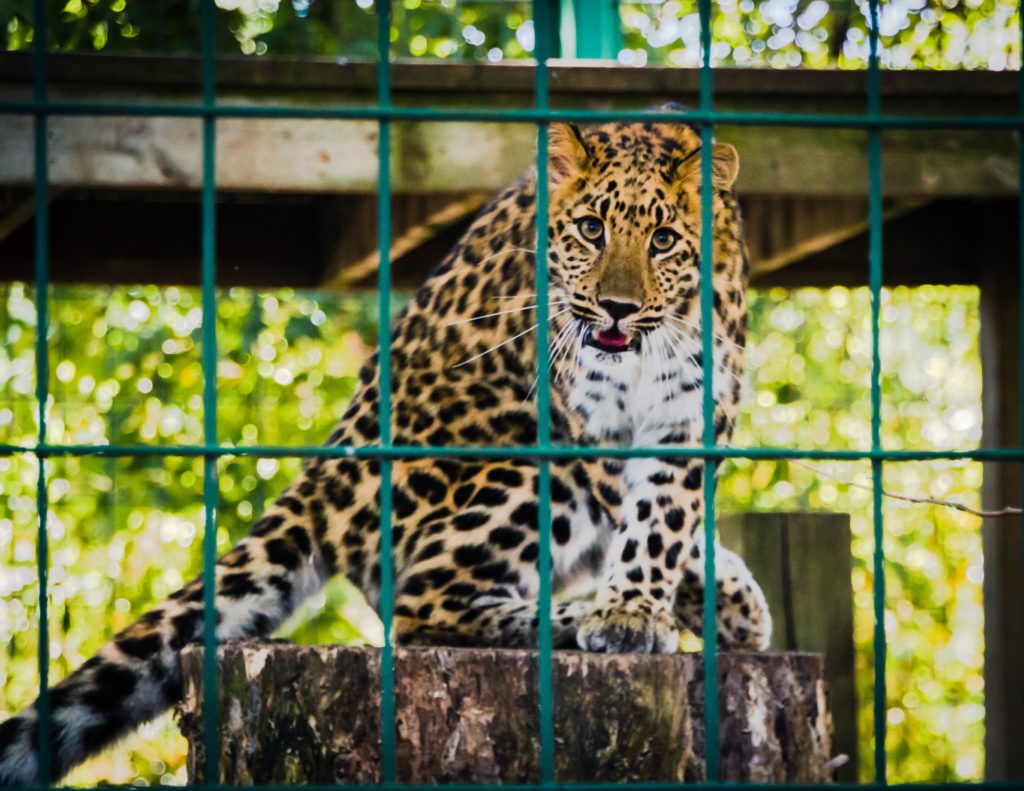
2. Research before you visit
A great way to practice responsible tourism is to do a little research before you visit, and read up on the establishment.
Do animals have freedom or are they in cages? Does this establishment offer close encounter photos with the animals?
Is there any type of animal show involved? If so, AVOID.
Stop visiting zoos and aquariums and instead opt for rescue and rehabilitation centers.
There are so many organizations out there doing their utmost to keep animals safe, and they deserve our support! Search online to find one close to you.
3. Say NO to Elephant trekking and shows
This particular part is a matter extremely close to my heart.
Elephants are my spirit animals, I adore everything about them. I always dreamt of meeting an elephant up close, and in my travels in Thailand, I was overjoyed to be granted the opportunity.
So I bought a full day sightseeing tour of Koh Samui…and in my excitement to see the island’s treasures …I naively and stupidly didn’t notice that it included an animal show.
To this day, I remember crying my eyes out watching these poor beautiful creatures forced to stand on stools, dance, and play football. I also witnessed monkeys being forced to peel coconuts with chains around their necks.
Worst of all, I remember the dozens of tourists and their young children laughing, taking photos, and enjoying this ”show” !!!
I truthfully have never felt more disappointed in myself and our cruel human race.
From then on out, I vowed to NEVER fund a single activity that puts animals in danger and pain. And I have kept my vow!
Why is elephant trekking bad for the animals?
It’s a common misconception that this is ok, seeing as elephants are so big in size- surely they can carry our weight!
But sadly, no. Elephant trekking is extremely painful for elephants.
Firstly, because it’s a wild animal, and it has to be beaten to be ”broken into submission”.
Secondly, because their skin needs constant moisture, or else it creates blisters from the sun.
In the wild, they bathe in muddy lakes – the mud is what keeps their skin safe- it’s their natural sunscreen!
In captivity though, they are simply not given the chance, resulting in agonizing skin blistering and torture.

4. Say YES to elephant sanctuaries
Fear not, you can meet these majestic and gentle giants in elephant sanctuaries, all around Thailand, Asia, and the world over!
One of my articles on elephant sanctuaries in Thailand got picked up and published by Adventographer. It is packed with useful information so go ahead and read it to find the best and most ethical elephant sanctuaries in Thailand!
5. Take no pets
Sloths, Reptiles, and other exotic animals are not our friends. And as a result, they do not want to live in a cage in our living room!
They belong in the wild!
Disturbingly, studies have shown that sloths, monkeys, and reptiles have a much higher rate of dying within 6 months of captivity than they do from living in the wild.
If you are traveling and you come across an exotic animal in need of help, please take it to a sanctuary. Not your living room!
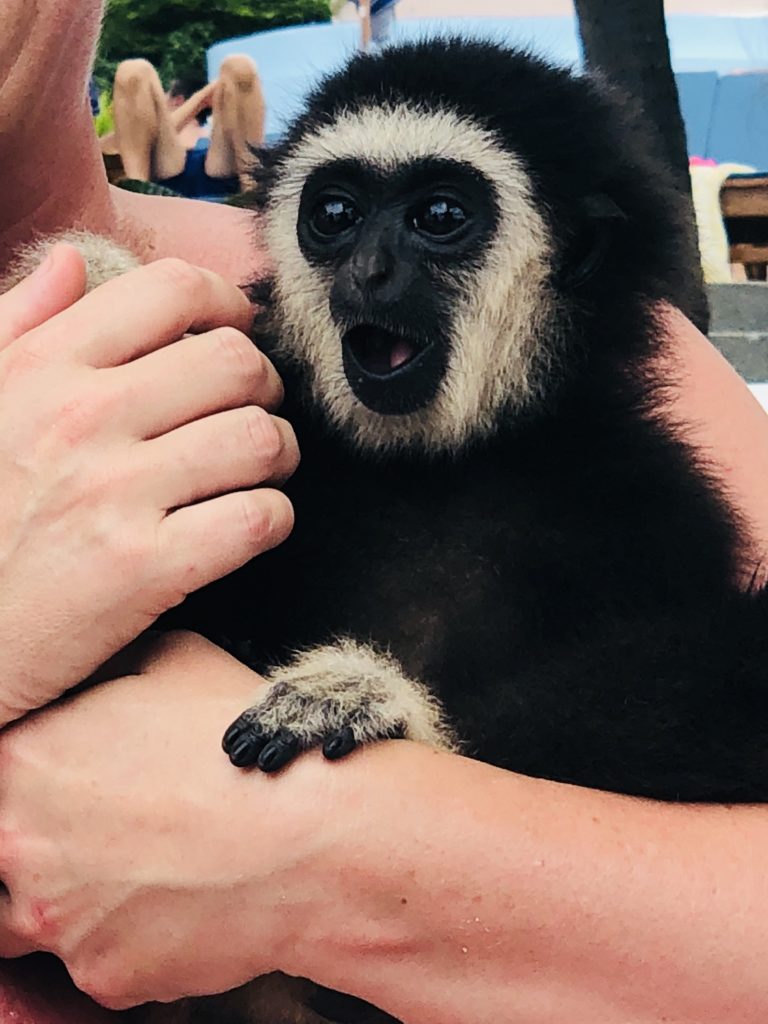
6. Do not eat the world’s Endangered species
Actually, we have had an endangered species act since 1973…so how are animals STILL going extinct?
Well, firstly, the black market is thriving. Secondly, we are eating away the endangered animals of our planet.
The biggest offenders in this regard are Japan, China, Vietnam, Africa, and Canada.
There, you’ll find illegal delicacies like shark fin soup, Chinese salamander, Caribu, and even mountain Gorilla dishes.
Needless to say, responsible tourism and eating your way through endangered species do not go hand in hand!
7. Safely Dispose your Covid Masks
This pandemic started by doing nature a favor – beaches were less polluted, marine and wildlife were thriving.
2 years after the fact though, and we have a ridiculous amount of waste in the oceans again. This time, it’s from plastic gloves, masks, and self-test sticks.
To help, simply dispose of your rubbish in bins, and always choose recycling bins where they are available!
Some interesting research
Did you know that some of the earth’s most breathtaking gems are either ruined or greatly suffering from extinction?
China is the biggest marine polluter in the world, and Indonesia follows second, contributing 10% of global marine pollution.
Famous islands and beaches ruined by irresponsible tourism:
- The Outer Banks, North Carolina – Human development (construction of hotels and beach houses) has resulted in dangerous rising sea levels.
- Maya Bay, Ko Phi Phi Island, Thailand. The famous beach used in Leonardo Di Caprio’s blockbuster ”The Beach” is now closed indefinitely to tourists. The reason? Its marine ecosystem suffered devastating damage from tourism. Phi Phi islands, in general, are suffering greatly and I witnessed the effects myself.
- Kuta Beach in Bali, Indonesia Covered in garbage left by tourists. Especially bad during rain season when the sea washes away thousands of tonnes of rubbish on this former little paradise.
Paradisical destinations that are almost destroyed
- Boracay Island, the Philippines With over 1.7 million visitors per year, Bocarray island is now in ruins. Like Maya Bay, the beaches are so polluted and dirty, the island is now closed off to tourists. Officials are hoping that nature will manage to restore itself from the damage.
- Kamilo Beach, Hawaii, United States. Now considered one of the dirtiest beaches on the planet! Thousands of plastic debris – from bottles, containers and even hairbrushes wash up every year.
- Cozumel Island, Mexico. This paradise is suffering from high temperatures in the waters. This is due to a large number of cruise ships and boats, carrying visitors to visit. As a result, it has almost wiped clean its coral reefs and marine life.
- Pig Beach – Bahamas. An entire colonies of wild pigs were found dead a few years ago. Investigations found beer, rum, and sand in their bellies. Apparently there are morons out there who think feeding wild pigs sand and booze is a good idea!
Pin this Post on Pinterest
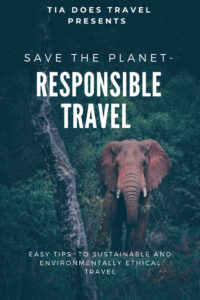
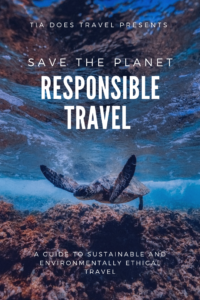
I want to thank you all from the bottom of my heart for taking the time to read this article.
If you are a traveler already practicing these responsible tourism tips then I applaud you! And I honestly thank you.
If not, I sincerely hope I have given you food for thought…and the right solutions to travel better and more ethically.
What do you, as travelers do, to travel more ethically? Join the discussion by following my Instagram account
And remember, together we can do it! Every little helps!
Love, Tia

15 comments
Thank you for sharing such a complete post. I think that in the age of instagram posing and in taking the best photo possible we forget about the effect we have in the local cultures. And that also applies to animals. I travel and I make sure to reduce as much my footprint, even if that means something as simple as carrying around biodegradable solar block or refusing to pay the entrance fee into zoos or other animal based attractions. But then, you have people that will consider that something is not a problem, and that even if you tell them, they want to see it on their own, to decide by themselves (this happened to me barely two months ago). At the end is sad, because they will end up funding this activities for even longer periods of time, but it is sad to see how most of society does not give AF.
Oh Jenn – i totally agree with everything you are saying! It is simply heartbreaking how ignorant people can be! Change doesn’t happen overnight and I can only hope and pray that the more i write about this and present the facts – the more people will see the importance of it. If i can influence ONE person to stop funding animal exploitation then maybe that one person will influence another -and so on. unfortunately, this change cannot happen soon enough! As I am writing this, we are in Covid-19 quarantine – and I really do sometimes feel like Earth is regaining its strength now that we as a human race are losing ours. I hope that after this horrible time passes, we will find a way to be respectful towards all you live on this earth, including the ground we walk on and the air we breathe. God Bless, and keep safe x
Thanks for writing this post – we as a human race as well as a traveler need to be stopped in our tracks and take note of the impact we have on our world, our animals and our people. Great post.
We really need someone to stop us, shake us up and make us understand we are all co-habitants on this earth.. we do not own it! and As I am writing this, we are in Covid-19 quarantine – and I really do sometimes feel like Earth is regaining its strength now that we as a human race are losing ours. I hope that after this horrible time passes, we will find a way to be mindful, eco-friendly and compassionate. I hope you are keeping safe!
This is an epic guide! Have you heard of trash heroes?? Look them up, I just went on a beach clean with them this morning and they’re an epic voluntary organisation working all over South East Asia – would be right up your street! xx
https://thatfestivallife.com/
I have not! I will definitely search for them, thank for the recommendation Dulcie! AND YAAAY FOR BEACH CLEANUPS!
A really important post with great hands-on tips. We need these to make the world a little bit better. Especially like all the facts that you packed inside.
Thank you so much for reading and commending Anna! Im so glad to see other like-minded travelers on my blog!
Those are some helpful tips..thanku for sharing
Thank YOU for reading Mayuri! i hope you are keeping well and safe! x
Thanks for putting this post together! This is such a critical issue. I think it’s easy to feel powerless when the problems are so rampant, but we all still need to do our part. The idea of seeing animals in captivity has never appealed to me, but I know that seeing them in the wild isn’t always responsible either. It’s SO important to research tour providers and make sure their practices are ethical.
You are definitely true about feeling powerless. It is also even more difficult now to distinguish the ethical ”sanctuaries” from the fake ones. All it takes is for your mind to shift, and begin to think differently. then, nothing is the same! I question EVERYTHING over and over again before I decide whether to fund it or write about it! But the hard work is all worth it, when you see a rescued animal happy again, or nature thriving in the oceans and the forests. This covid-19 isolation has stripped us of our destructive powers, and its given it all back to the Earth. And look..its thriving again. Clear oceans, no pollution, dolphins in the Venetian Canals and the list goes on. I am sad to say that we (the human race) are the cancer of our planet!
Fantastic post– I think it’s incredibly important to travel responsibly!
I am thrilled to hear you say that! Welcome to my travel journey, like-minded people are so very much appreciated !
[…] (Read a more elaborate post by Galatia on responsible tourism here.) […]